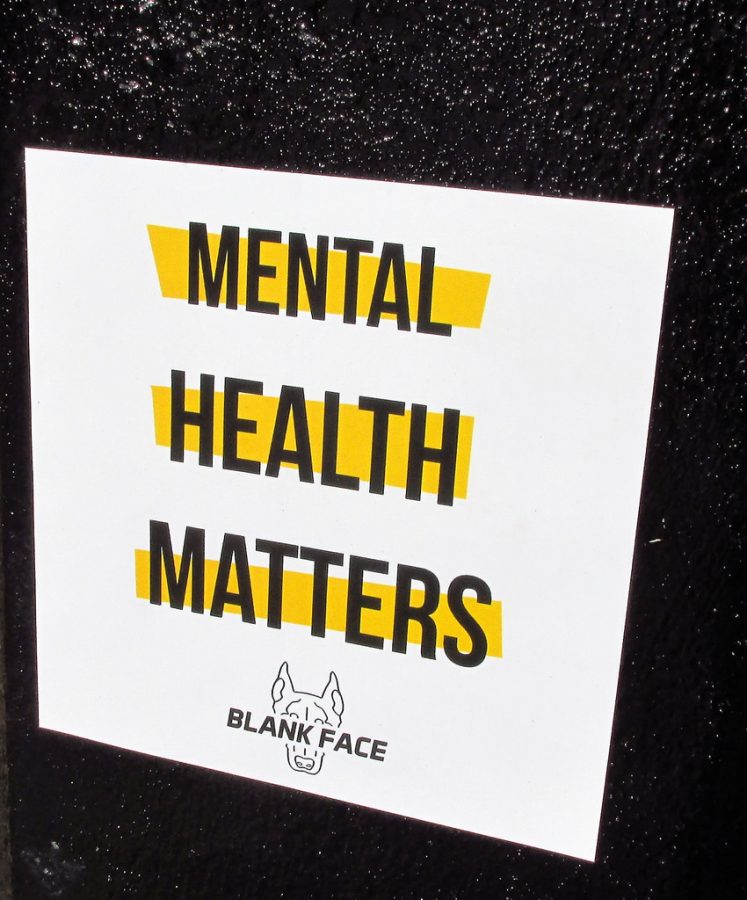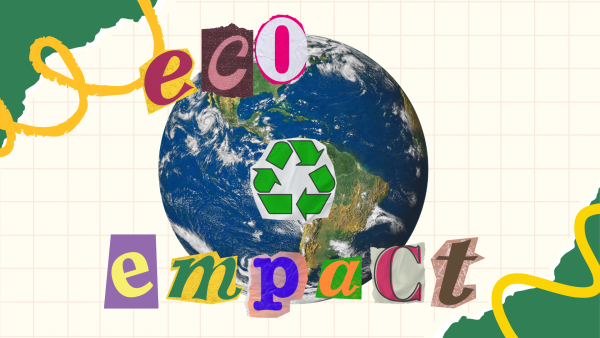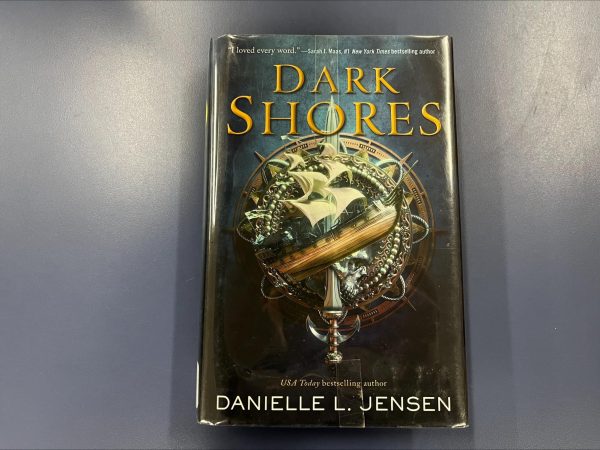Buzzfeed’s Mental Health Week And the Importance of Recognizing It
A few days ago whilst spending some free time on Snapchat, chatting with my friends and then scrolling through the different stories Snapchat has to offer, I found something that caught my eye. It was a story and article from Buzzfeed about therapy and what it actually does for people and promoting their Mental Health Week in the process. Through that I then decided to look more into their week which was designed to educate the public on the importance of mental health and how vital it is to recognise it, rather than simply ignore it. As for myself, I found a couple articles that gave me great advice on how to manage my mental illness and how to help and understand people who are going through something similar. (Link:https://www.buzzfeed.com/mentalhealthweek]= )
Let’s talk about mental health and why it matters.
First of all, what is mental health?
According to Mental health.gov, “mental health includes our emotional, psychological, and social well-being. It affects how we think, feel, and act. It also helps determine how we handle stress, relate to others, and make choices. Mental health is important at every stage of life, from childhood and adolescence through adulthood.”
Wow, that’s a lot to take in in, but nonetheless, this broad definition proves its importance.
Notice this definition mentions the “psychological, emotional, and social well-being” of oneself; you don’t necessarily have to have a mental illness or disorder in order to take care of yourself emotionally. We are human and sometimes we need a break. It’s that simple. This also means that everyone’s mental health matters, that self-care and recognising your emotions and how you are feeling is equally as important. Even if it is just stress or you’re feeling down, recognizing that is important! Emotional stability and vitality are two things that are not going to stay ‘balanced’ all the time, but with the right tools, knowledge and the ability to recognise and react, you will be okay. Everyone has a story, a moment, and a journey that at one point in their lives involves this, including myself!
Self-Care
- Need help with improving your mental health? Here are some awesome tips: https://www.buzzfeed.com/annaborges/therapists-favorite-advice?utm_term=.ryAN734QA#.owz1x7bpz
- Music, music, music. Find or create a playlist, listen to your favorite band or singer and find a calm place to sit for awhile and take some time for yourself! Music helps a lot and does not necessarily ‘cure’ what you’re feeling, but it can make you feel a little happier! The same can be said about reading or watching Netflix! But if you want to know more about why listening to sad music or sad podcasts helps us feel better, then check out this! https://www.buzzfeed.com/jenamiller/sad-podcasts?utm_term=.px11wEaOQ#.yn42KYj6qn
- The little things matter. Like brushing your teeth and hair, or even taking a shower/bath! Taking of your physical health and needs is just as vital. It may seem small and pointless, but it’s a huge accomplishment if you can do that for yourself. And stay hydrated!
- Experiencing anxiety or feeling down? Here are some things you can do that can help: https://www.buzzfeed.com/carolinekee/stop-anxiety-spirals?utm_term=.ywXdvZ9Am#.jiwO8yGKR
- Here are two other great articles on mental health tips: https://www.buzzfeed.com/annaborges/therapist-self-care?utm_term=.dhNRwe4qE#.qrK4alvYJ and https://www.buzzfeed.com/annaborges/therapists-favorite-advice?utm_term=.ryAN734QA#.owz1x7bpz
Mental Illnesses and the Stigma
Mental health does make up a huge aspect of mental illnesses and disorders. Those with illnesses know what it’s like to not take care of oneself or to ignore one’s own needs or even living in a constant ball of stress that affects their well-being. Much to the point one’s own everyday life is constantly interrupted or a person cannot go about their day normally. And this isn’t abnormal or anything of the sort because you can find a way to manage it and relieve any stress. Even though it is hard, that the struggle of suffering in itself is difficult and gut-wrenching, it is possible to cope. And finding the right outlets of expressing your emotions and thoughts is essential! Such as going to therapy or even talking to a trusted family member or friend! Even if you don’t retain emotional stability, hope is not lost, these things do take time to learn and recognise.
But what is abnormal is the idea of stigma that has been implanted into every single person’s mind about mental illnesses and mental health. Generally, society views people who are or were suffering a mental illness or disorder, as crazy or an abnormal aspect of society itself. But blatantly, the stigma around this is “The negative stereotypes that shame those with mental illness and prevent them from seeking help don’t just constitute stigma ― they’re discrimination. It’s a blatant, prejudicial outlook on a certain population.”
This is the stigma. And unfortunately, it does discriminate and causes friends, peers, family, and even complete strangers to judge you if have an illness. But, stigma doesn’t necessarily rule. There are and will be people who understand and can empathize, not judge and discriminate, and there is change taking place, even as I am typing this! Change starts with replacing that ignorance and judgmental mindset with a positive energy of education and knowledge of what a mental illness is. In 2017, we, collectively as a society, are starting to see a change in the way we view mental health. That is does not discriminate against gender, race or age nor does it mean you are a dissonance in the world. You are not alone. And that it is okay to seek the help you need and do what is right for you, personally, not what anyone else believes or thinks.
What You Can Do to Help
Helping someone with a mental illness is the key to reducing the stigma and to be a better friend! One of the ways you can so is to educate yourself! Ignorance leads to judgement of others and the stigmatization of mental illness. Read up on it and if you have a loved one is currently experiencing an illness, ask them! It is better to ask and learn, rather than be kept in the dark! Another way is to be open minded and allow yourself to understand and empathize (with) people about this topic. Having a better understand of what a person goes through and/or what an illness actually is.
My Story
In order to shed some light on this topic, I decided to be brave and share with you my own story. I have been diagnosed with generalized anxiety disorder. This means I worry about absolutely everything, am super cautious of people, and am a creature of habit (this is how I describe it anyways), but this also means I’ve had to cope with the physical and emotional aspects of these things, such as experiencing and being fatigued, a self-critic, an introvert, experiencing palpitations, panic attacks, mood swings, dealing with hopelessness and being in a constant state of anxiety. Having a mental illness is a very real and difficult thing to experience.
But I have been coping with anxiety for almost four years now, even taking me a couple of years to understand and find outlets that help me! But I did and am still figuring out ways to help myself! It has also been almost been a year since I started going to counseling. Making sure to take time for self-care, which for me means, reading a good book, writing, and playing the latest video game. On top of that, I have developed the most amazing obsession with plants!
If anyone is wondering, no, therapy isn’t like what it is in movies nor is it the stereotype you always see. It is a calm and welcoming environment for one to talk about whatever they need to and to receive the advice they need to guide themselves! And each experience with therapy differs for people, so that is just my input on the subject. Sometimes, you need to seek outside advice, someone outside of your friend group or family who can professionally give you that advice.
Sometimes it is difficult for me describe and talk about these things because I am uncomfortable talking about it and afraid of what people will think. I’m not trying to seek attention nor give an excuse for what I say, I’m not. It’s just what I experience and I want to share it because I know there are other people out there who are experiencing the same thing as I am. And I want them to know they are not alone.
I would like to leave you with this one last thought, mental illness is what one may suffer from, but it does not define one nor does it define me. You are still you and I am still me.
If you or a loved one is currently struggling with a mental illness and is in of help, please go to and/or contact the National Suicide Prevention Lifeline at 1-800-273-TALK (8255) and or the Crisis Text Line by texting HOME to 741741 because you do matter.
You can also visit www.halfofus.com , https://themighty.com , or https://www.nami.org for more help and information on mental illness and how you can help.

Cheyenne is a senior at GHS and this is her second year participating in the Paw Print Newspaper! Cheyenne is an avid reader and her hobbies include poetry,...








